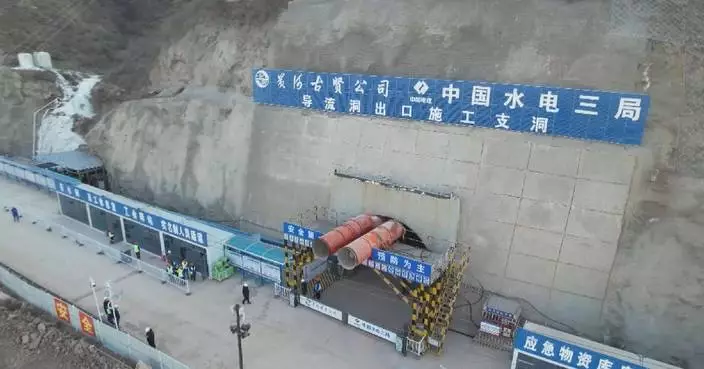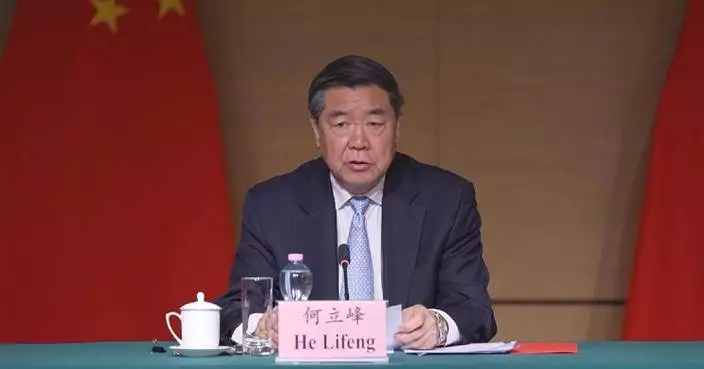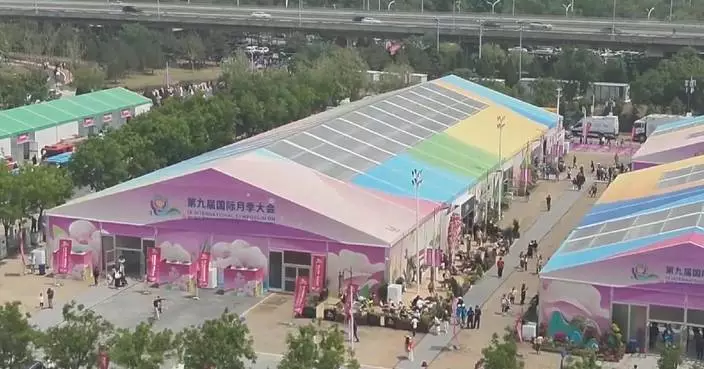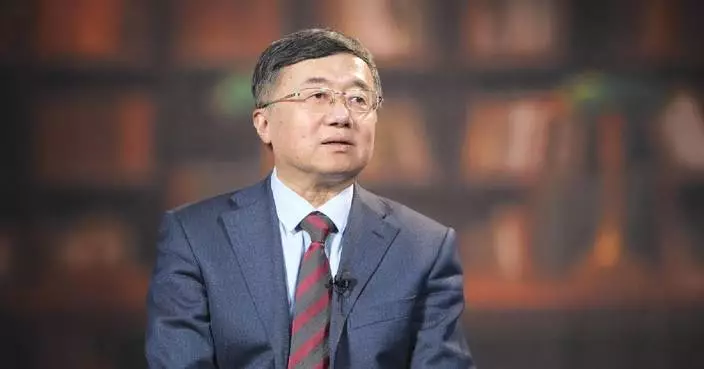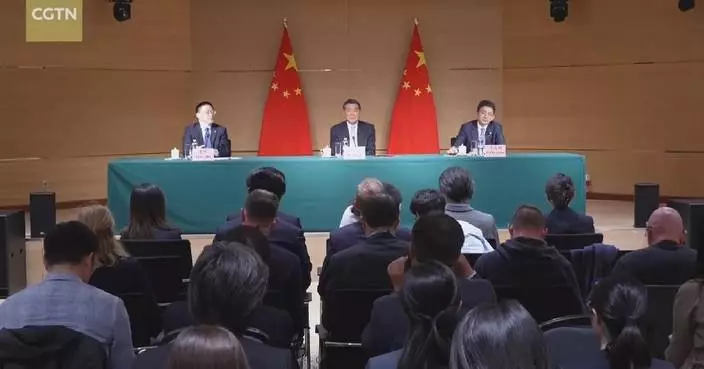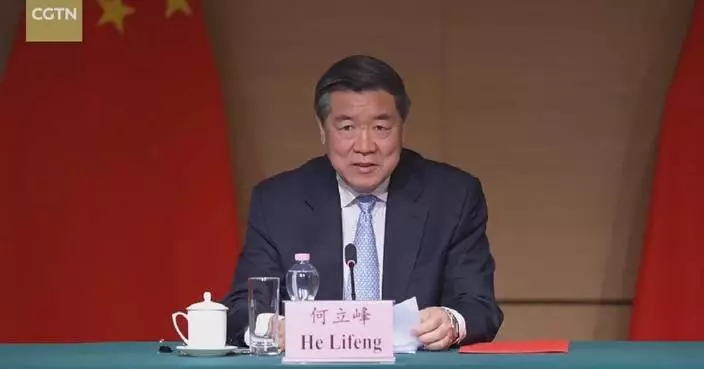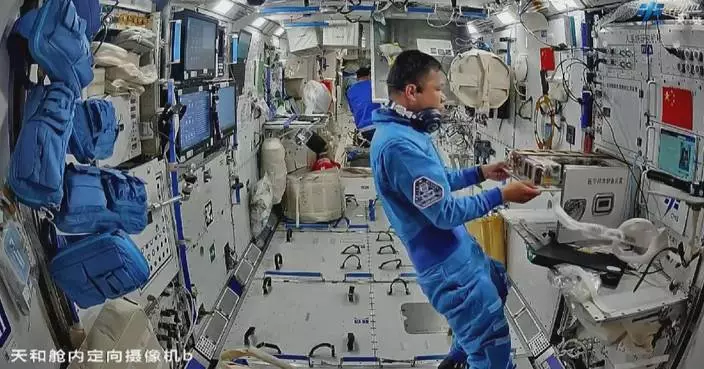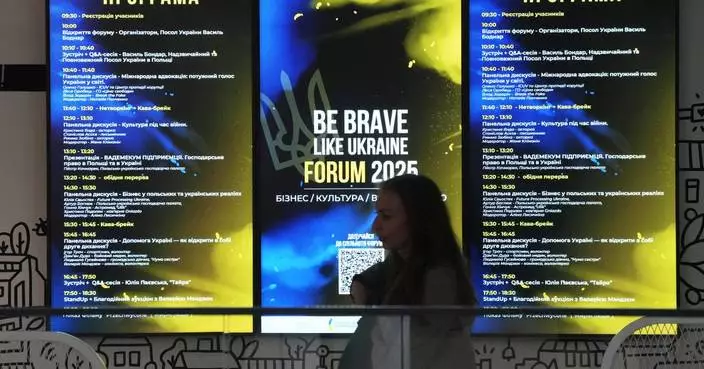China saw another construction milestone on Monday after completing tunneling of the Tianshan Shengli Tunnel -- the world's longest expressway tunnel -- paving the way for the opening of a vital new road linking southern and northern parts of northwest China's Xinjiang Uygur Autonomous Region.
The "Shengli" tunnel, which means "victory" in Chinese, spans some 22 kilometers and offers a crucial shortcut through the heart of the towering snow-topped Tianshan Mountains.
The tunnel forms an essential part of the under-construction Urumqi-Yuli Expressway, a major route across Xinjiang, which is expected to see completion in 2025.
The new 320-kilometer-long expressway will reduce the travel time between the regional capital Urumqi to Yuli County in Xinjiang's second most populous city of Korla from 7 hours down to just 3 hours.
"The completion of the Tianshan Shengli Tunnel will provide a solid foundation for the full opening of the Urumqi-Yuli Expressway. This expressway will offer robust transportation support for advancing coordinated economic and social development," said Zhou Rongfeng, head of the Highway Bureau at the Ministry of Transport.
In addition to traversing through the Tianshan Mountains, the road connects with the neighboring Qinghai Province and onwards to southwest China, as well as to the new western land-sea corridor, significantly enhancing the land link between Xinjiang and China's coastal regions.
"It will also play a key role in building the core area of the Silk Road Economic Belt, implementing strategies for the large-scale development of the western region, supporting the Belt and Road Initiative, and fostering a new development pattern of domestic and international circulation," Zhou added.
Currently, the National Highway 216 has served as the main traditional route connecting Urumqi and Korla, with a total length of about 470 kilometers and an estimated driving time of around seven hours. There are only two bus services operating between the two cities each day.
However, once the Urumqi-Yuli Expressway opens to traffic next year, travel between Urumqi and Korla will be greatly enhanced, creating new opportunities for local transportation and tourism.
"The travel distance and time will be shortened, which will reduce the cost of passenger travel. According to the plan, we aim to operate one bus per hour, with buses alternating between the two terminal stations, totaling 12 buses per day," said Chen Haojiang, head of passenger transport at a bus station in Urumqi.
As well as greater convenience, the new expressway is also expected to bring new economic opportunities. Local farmer Dilmurat owns 40,000 hectares of pear trees in Korla City. He believes the opening of the expressway will help save him around 300,000 yuan (approximately 41,000 U.S. dollars) in transportation costs.
"We currently use trucks like this to transport our pears to cities across the country. After the expressway opens, each trip will save about 1,000 yuan (around 137 U.S. dollars). For 10,000 tons of pears, we need 300 trips, which will result in a total savings of about 300,000 yuan," said Dilmurat.

China completes drilling of world's longest expressway tunnel in Xinjiang





